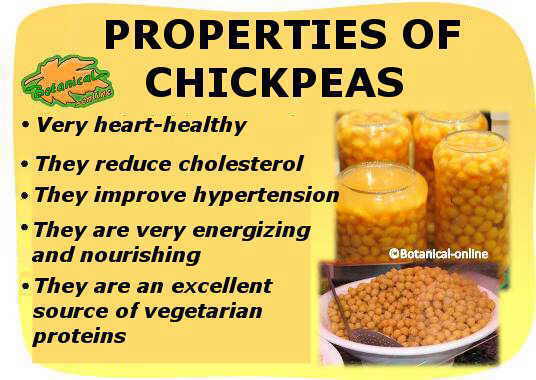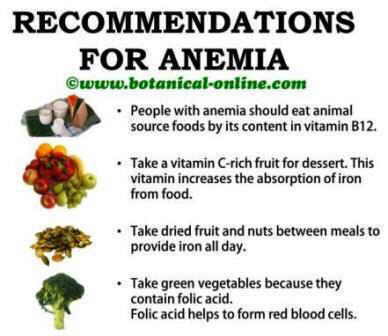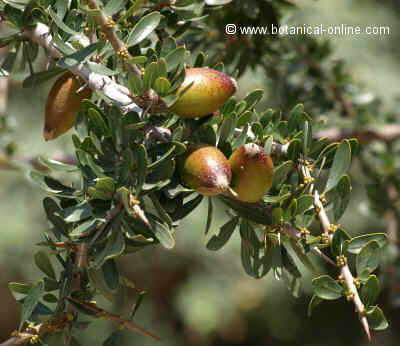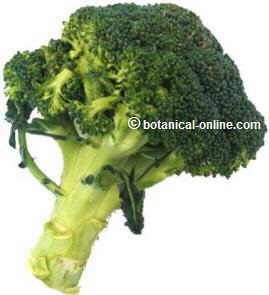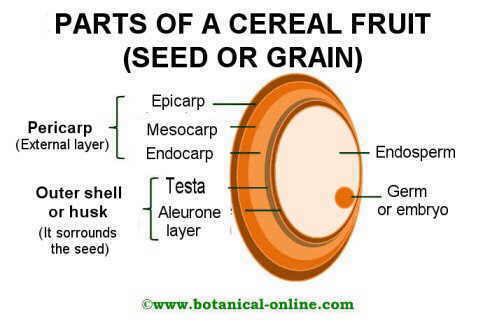Contents
What vitamins are there in vegetables?
The vitamins in vegetables protect the body against degeneration
Vegetables contain high amounts of vitamins, especially vitamin C, vitamin A and vitamin B. Vitamins C and A are two of the best antioxidants capable of neutralizing the negative effects of free radicals, which can cause many diseases of a degenerative nature, including cancer.
It has been shown that ingestion of food with green leaves can dramatically reduce the appearance of colon cancer. This property comes from the antioxidant properties of these vitamins as well as its richness in soluble fiber which increases intestinal transit and promotes a faster removal of feces from the bowel.
Among other properties of vitamin C, we can mention the following:
– It is adequate to prevent allergies and asthma attacks.
– It helps to prevent or improve skin conditions like psoriasis, eczema, etc..
– it promotes healing of wounds caused by trauma, cuts, burns, surgery. It is also suitable for the formation of new tissues in problems of broken bones, sprains, torn ligaments, arthritis, bleeding from the nose usual, diverticulitis, etc..
– It prevents eye diseases, especially those of degenerative nature, such as vision loss, cataracts or glaucoma.
Vegetables are rich in carotenoids
Vitamin A from vegetables is in the form of beta carotenes. These carotenoids, when ingested, are converted into vitamin A in the body. The properties of this vitamin are very broad. The lack of this element causes night blindness, fatigue, skin or teeth in poor condition, easier to get infections. Vitamin A, besides being a potent antioxidant, has a number of advantages to the organism. Among them, we can mention the following:
– It prevents many diseases, especially respiratory ones: sore throat, flu, colds, pharyngitis, sinusitis, bronchitis.
– Together with vitamin C, it keeps your eyes healthy, preventing vision illness as loss of vision that usually occurs in older people, night blindness, cataracts or glaucoma. It also helps the eyes to overcome bacterial infections such as conjunctivitis. Some vegetables such as spinach, besides vitamin A, contain other components such as lutein and zeaxanthin that help keep your eyes healthy.
– Vitamin A keeps skin healthy and may be useful in treating diseases that affect it: eczema, acne, psoriasis, dry skin, herpes, cuts, wounds, burns, etc..
Although spinach are very famous because of beta carotene, they are practically doubled in proportion by dandelion, a vegetable that can be found in the wild but increasingly appears in markets as a form cultivated in gardens. About 30 g fresh of this plant cover the daily needs of an adult. Being so easy to collect in the field or grown in our garden, it is a shame that it is not more usually included in the daily diet.
Vegetables are rich in folic acid
Vegetables contain many B vitamins, but they specially contain vitamin B9 (folate or folic acid) Folic acid is essential for the functioning of our body. At cellular level, its importance lies in its role in the synthesis of DNA (deoxyribonucleic acid or element of the cell that contains and transmits genetic traits) and RNA (required for the formation of proteins and other cellular processes). Thus, for the cells to be correctly duplicated, they need the presence of this vitamin.
Consumption of foods rich in this vitamin reduces the likelihood of the fetus developing spina bifida. Therefore, to avoid possible defects in the baby, pregnant or nursing women should eat food containing folic acid.
This kind of food should also enter in the diet other people who may be deficient in this vitamin, such as regular smokers, the elderly, people who regularly take drugs or those with intestinal malabsorption (Crohn’s disease, ulcerative colitis or similar)
Among vegetables rich in folic acid we can include spinach and lettuce due to its greater percentage of folate, while watercress, Swiss chard or borage are those with the lowest amount. (See food rich in folic acid)
![]() More information about vegetables.
More information about vegetables.


